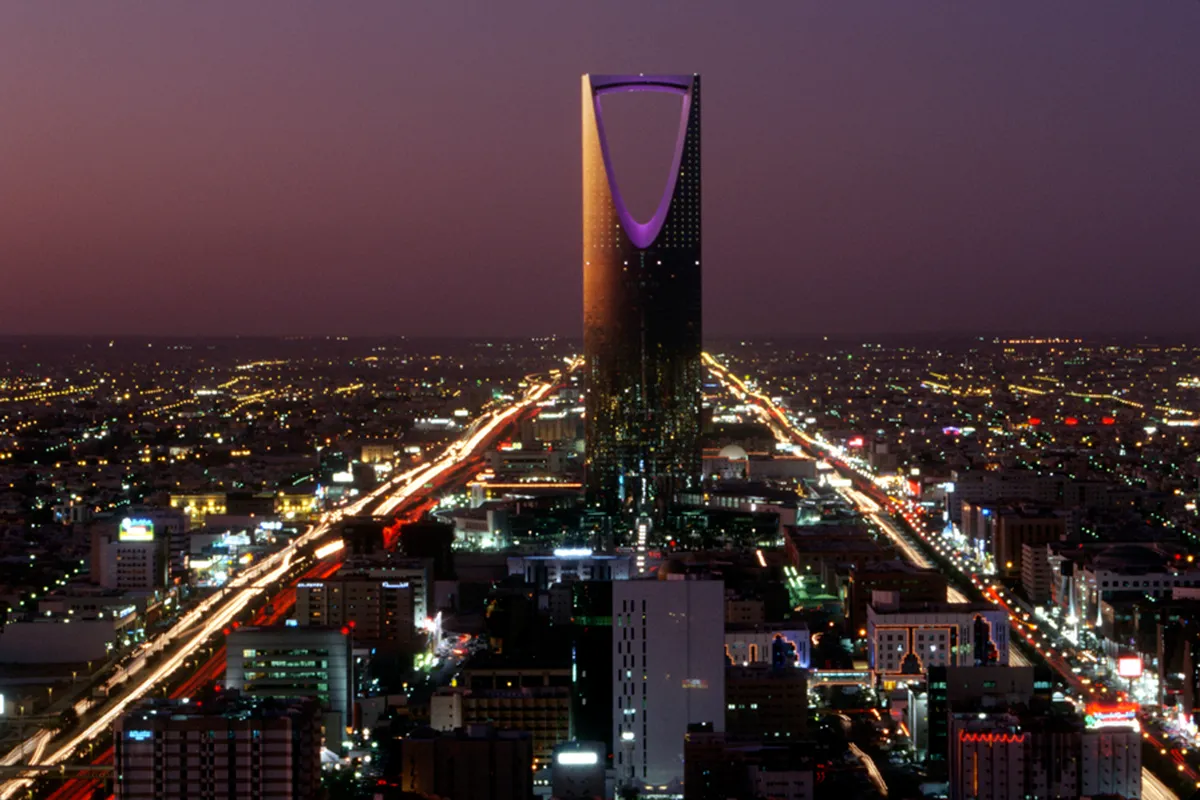Copyright cityam

Saudi Arabia is rapidly becoming the focus of global legal attention. But this shift is not merely speculative; it is part of a calculated move by the Kingdom to attract world-class expertise. The Kingdom of Saudi Arabia changed its law two years ago to allow foreign law firms to operate independently, as part of its strategy to attract international business and legal expertise in support of its Vision 2030 plan. Launched by Crown Prince Mohammed bin Salman Al Saud in 2016, Vision 2030 is the country’s strategic framework for reducing its dependence on oil, diversifying its economy, and developing professional service sectors. The Gulf country is spending billions of dollars on the project, including major developments such as NEOM, which includes a well-known project called ‘The Line’, an (allegedly) 170 km-long, 500-meter-high, 200-meter-wide linear city housed within mirrored buildings. This investment, with plenty of legal work, has led to a wave of major law firms rushing into the Saudi market, eager to take advantage of the new opportunities from the ambitious projects. Since the law changed, many US and UK law firms have established offices in Riyadh or Jeddah, including Kirkland & Ellis in October 2023, Herbert Smith Freehills and Freshfields in August, and BCLP, Bird & Bird, Simmons & Simmons, and Pinsent Masons. However, in the last couple of weeks, there has been another surge of notices about law firms rushing out to set up shop. Last week, Reed Smith, which secured its license earlier this year, revealed it had opened its office in Riyadh. The firm is already well established in the Middle East, having been in Abu Dhabi since 1978; however, after lengthy approval, it sent its Europe and Middle East managing partner, Gregor Pryor, to build a presence in Saudi Arabia. Reed Smith managing partner Casey Ryan said, “The Kingdom’s ambitious economic diversification program, as part of Vision 2030, continues to generate significant business opportunities across a wide range of sectors that align with Reed Smith’s long-standing industry focus on finance, energy, entertainment and media, life sciences, and transportation.” On Monday, both Gowling and Stephenson Harwood announced they were joining the rush to Saudi. Stephenson Harwood is entering Saudi Arabia with a three-partner team and new offices in Riyadh and Al Khobar. Its tactic, a familiar one, is opening its offices with a partner who was already working in the country. Partner Marcus Latta will be joining from US-HQ’d Curtis, Mallet-Prevost, Colt & Mosle, having been working as a lawyer in the region since 2003. The firm’s CEO, Eifion Morris, said “this strategic investment reflects our confidence in Saudi Arabia as a market full of potential and opportunity.” While Gowling opted to launch in Riyadh through a joint venture with a Saudi firm, AlGhazzawi & Partners. In its press statement, the firm said this move will combine the “international expertise of Gowling with the local knowledge and experience of AlGhazzawi & Partners”. Lawyers don’t like to be the first to take the risk, but they also can’t be too late to move. Chess moves across Asia Saudi Arabia is not unique in this rush of major law firms rushing to establish new offices; the legal sector has been moving chess pieces across the Middle East and Asia for decades. Back in the 80s and 90s, major law firms that wanted a larger slice of Asian clients, especially in shipping and real estate, rushed to Hong Kong, a gateway to China, at the time. However, over the last few years, many major firms have either pulled out or reduced their presence Hong Kong, including BCLP, Addleshaw Goddard, and Mayer Brown. There are several reasons for this, but declining investment and increasing political control from mainland China in Hong Kong were key factors. However, the big kick was Hong Kong’s prolonged closures during the Covid-19 pandemic, which made Singapore the new gem of Asia. On top of Hong Kong’s downfall, Singapore made strategic moves, leading to a rush of office openings and increased hiring in 2020. This included a rise of private wealth and a heavy investment in its International Commercial Court seat. However, for those who set up shop in Saudi Arabia, many should learn a lesson in how to operate in the country from the Big Four firm PwC, which was hit with a year-long ban earlier this year. Eyes on the Law is a weekly column by Maria Ward-Brennan focused on the legal sector.



